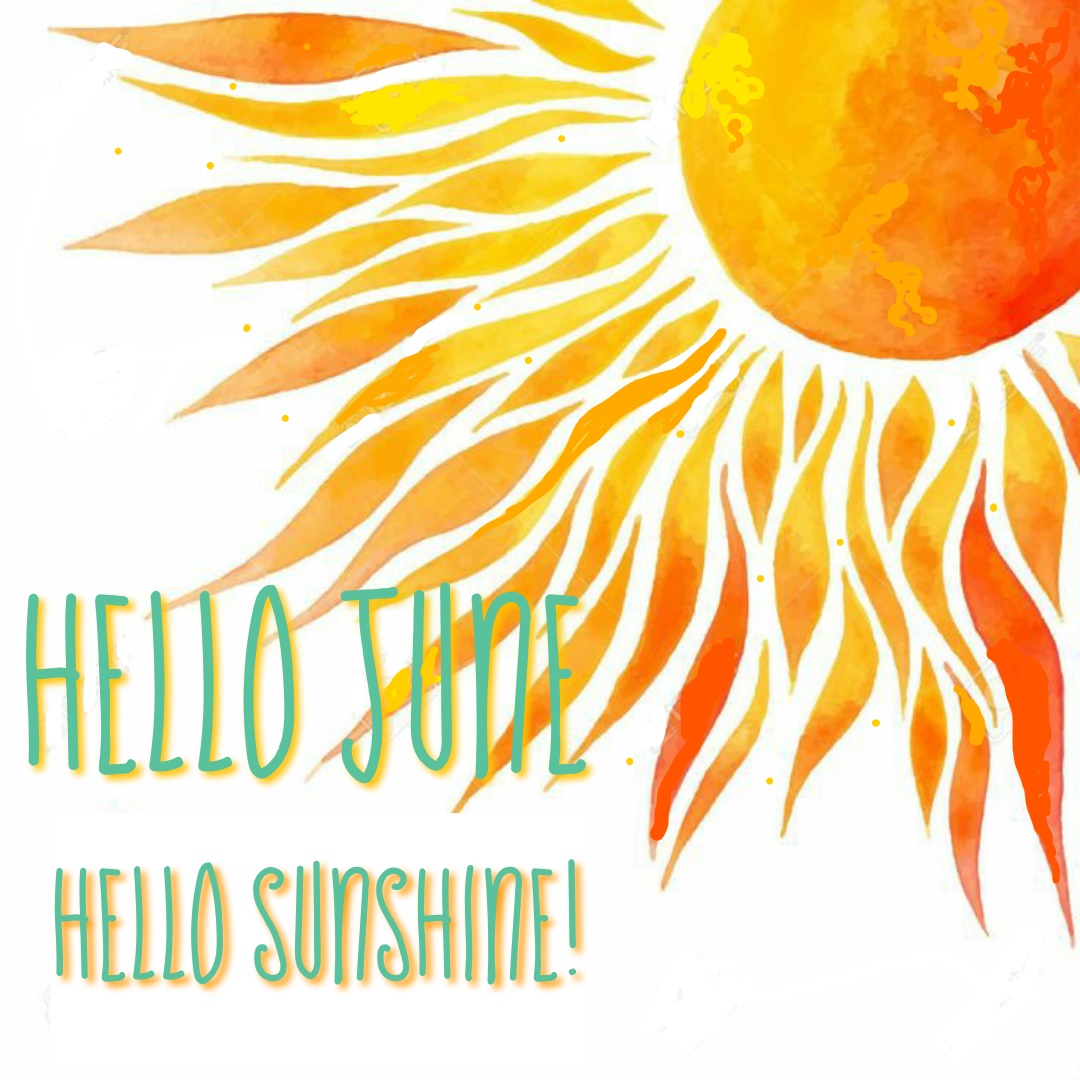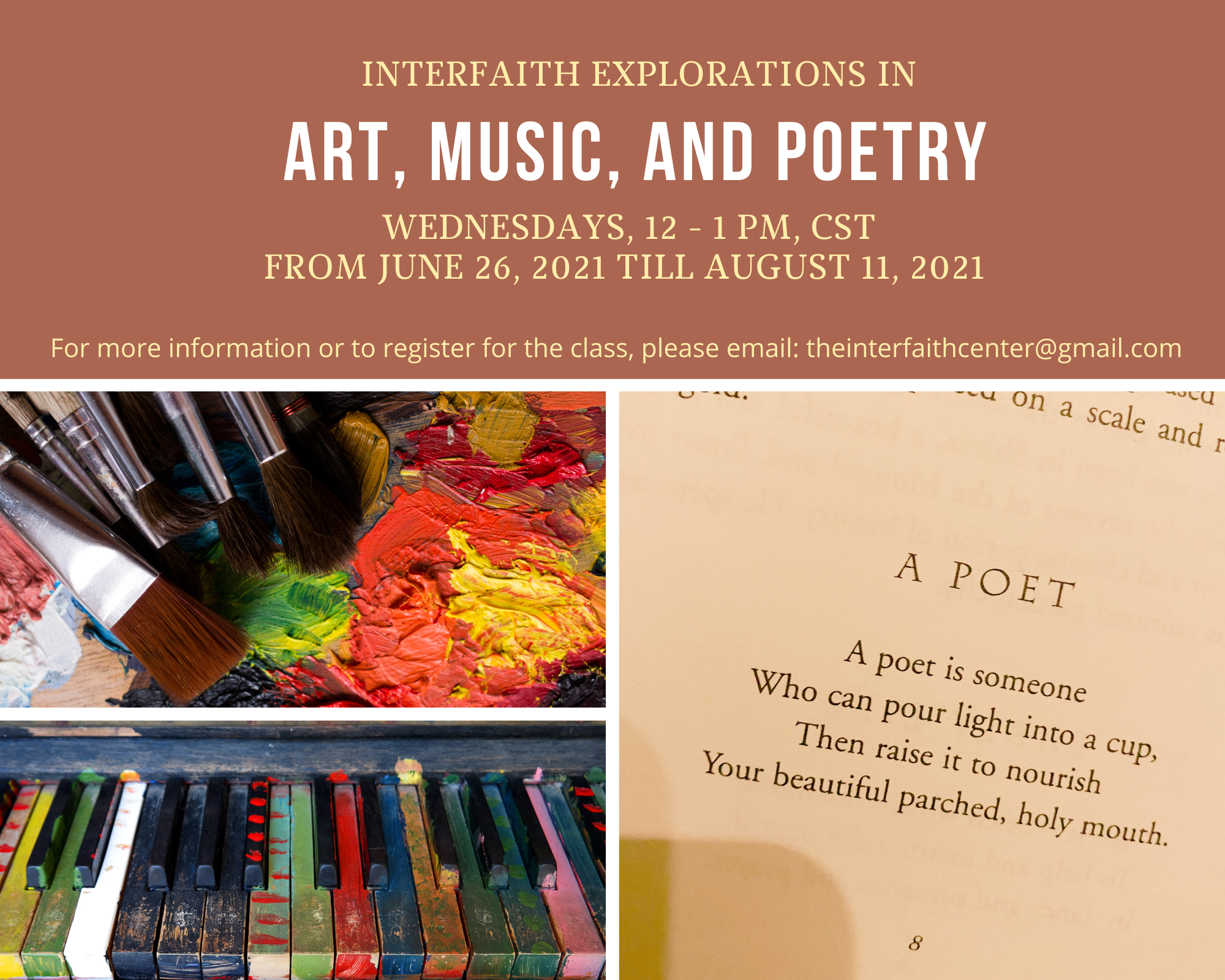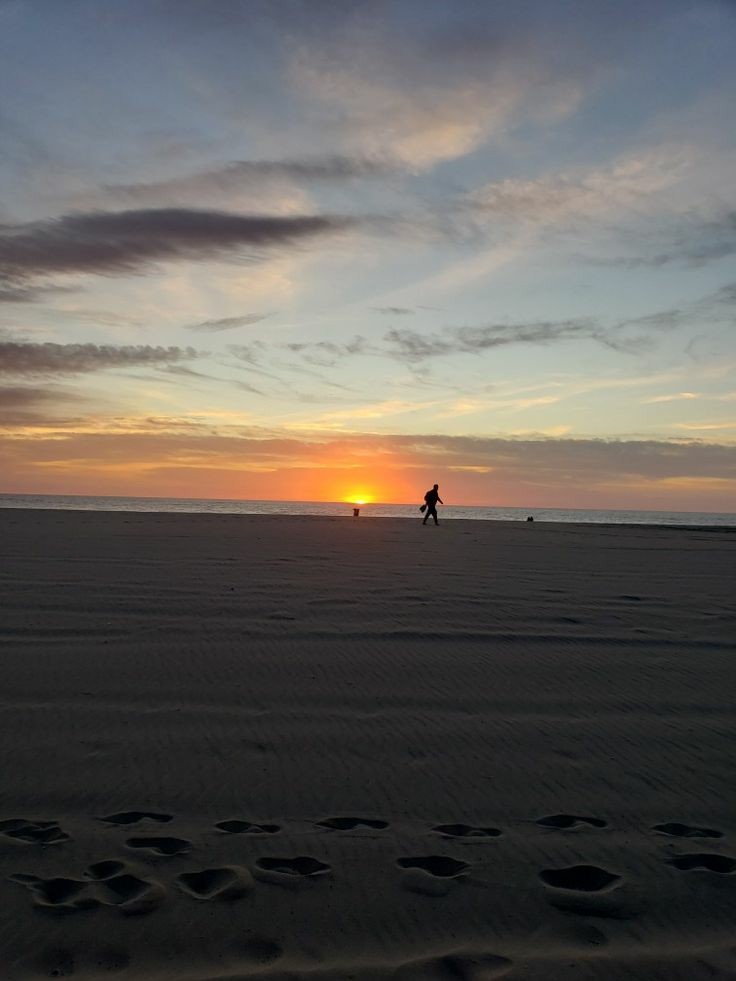Newsletter June 2021

Sunny Days Ahead!

“It was June, and the world smelled of roses.
The sunshine was like powdered gold over the grassy hillside.”
—Maud Hart Lovelace
Let the Sunshine In!

Building Toward Wholeness: 2021 Summer Fundraising Drive
It’s difficult to believe that just two years ago the Cobb Institute was a new organization with a handful of members. We were full of dreams and possibilities.
Two years later we have articulated our goals in the areas of Spiritual Exploration, Educational Innovation, Community Transformation, and Ecological Civilization. We have made great progress in all those areas. In 1972, John Cobb asked, “Is it too late?” We recognize that this is the time that others are asking that same question and making room for a process-relational way of being with our world. We must seize the day!
The Cobb Institute relies on your donations to continue our work. We are often called a think tank with legs. We invite you to walk with us in any way you can. Volunteers are welcome. Donations are needed.
The best way for a young organization, like The Cobb Institute, to create a firm financial foundation is by earning the small monthly support of a large number of donors. We need your support to continue this work that you are finding beneficial, and we do not need it to be a burden on you. As previously stated, please add the Cobb Institute to your monthly payment list, even if it's just a few dollars a month.
If you would like to donate by check, please make it payable to "Cobb Institute" and mail to:
Cobb Institute
PO Box 931
Claremont, CA 91711
Thank you for your contribution!
Warmly,
The Cobb Institute Team
Note from John Cobb

The Sun is Shining On Pomona
Like many cities, Pomona has had its ups and its downs. In most of the past half century the downs seemed to predominate. But now the sun is shining again. We claim to be playing a part, a small one, of course.
The main reason for realistic hope is that the people of Pomona have responded wisely and well to their problems. They worked together for the wellbeing of the city. They chose a great mayor, Tim Sandoval, and they committed themselves to becoming a “compassionate city.” A Pomona resident, Richard Bunce, who is also a member of our Institute, organized a great conference to help people think about what that means. They thought, and they are acting. People in neighboring cities want to help.
For a long time, the most visible outside help was that of Devon Hartman and his organization, CHERP. Devon organized a nonprofit business to produce a new, improved, and patented solar panel. He plans to help local economies across the nation by building many small factories. Pomona is the first. On April 27 the city celebrated the opening. The city has agreed with him that the first homes to be improved will be those of the poor. There will be good jobs for local people. It is win/win all the way! We are proud to announce that CHERP is a member of a very new network, the Claremont Process Nexus.
The University of La Verne, with which we have an memorandum of understanding, will soon begin placing students in its new sustainability major, in an industry that models putting people and the planet before profit. The new major is also part of the Claremont Process Nexus, and its organizer is Richard Rose, who is a member of our Board.
Michael Witmer represents the Cobb Institute in Pomona in a quite wonderful way. One of Pomona’s needs is to deal with the growing problems of homelessness. Among his proposals is the creation of a nonprofit business to manufacture tiny houses there. A five square mile area has been designated for green development, and this will help. But, of course, much more is needed. The idea of tiny houses is being taken more seriously since it was proposed in a program organized by Pando Populus, another member of the new Nexus.
On the next two days after the solar panel factory opening, Renee Comley was in La Verne. Her concern, like Devon, is for the development of local economies that help to solve local problems. She is working with new technologies all over the world. There seems to be a fit between what she offers and what will benefit Pomona. For example, she has the technology to turn plastic waste into useable energy. We can imagine still another factory bringing good jobs to Pomona and serving its real needs. Comley will be represented in Pomona by Eric Kowalczyk, a friend of Kat Reeves from All Paths Divinity School, another member of our new Nexus. We hope that his new business will join our network.
Stay tuned. The sunshine is encouraging the visible emergence of Pomona as a model for other cities struggling for health and vitality. We are glad that we have been able to help. There is always a place for volunteers. Let us know if you have time and talent to offer.
John B. Cobb, Jr.

Monthly Gratitude
What the Cobb Institute Means to Me
I’m a computer scientist who had the good fortune to serve on the Claremont School of Theology board of trustees, and the even better fortune to become acquainted with retired Claremont professor John Cobb. Dr. Cobb is the world’s foremost student of A.N. Whitehead, who was a mathematician, physicist, and philosopher in the early 20th century. Whitehead’s process-relational philosophy underlies the Cobb Institute. But you don’t need to become a philosopher to find the Cobb Institute of interest.
Living is not enough...
One must have sunshine, freedom, and a little flower.
—Hans Christian Andersen
For 50 years and among many other things, Dr. Cobb has been warning about environmental degradation and teaching about Whitehead’s understanding of our interrelatedness. If you’re concerned about the environment and looking at life as much more than rugged individualism, the Cobb Institute would offer you fellow travelers for your friendship and programs for your continuing education.
If you do have “philosophical interests,” the Cobb Institute offers a way of understanding life and the world that is much more than billiard balls careening off each other.
–George Strawn

What The Cobb Institute Means to Me
I’m active in Cobb Institute because this is an arena for tackling big questions in a holistic way and in a spirit of openness and generosity. The questions are daunting: What is the awesome makeup and promise of our planet? What are the perils stalking it? How do we name and confront the perils? How do we build on the promise? These questions call for the best in us of mind, heart, and soul. I’m glad to be part of this band of spirited thinkers and doers that seeks life-giving, life-saving paths forward.
–Dick Bunce
What The Cobb Institute Means to Me
The Cobb Institute has introduced me to process philosophy and religion that supports my understanding that the brain God created in each of us is good and is to be used for good.
–Ken Pearson
What The Cobb Institute Means to Me
I have found a warm community of people eager to learn together, to help heal the world together, and to search for meaning, fueled by the knowledge that we live in a relational world. I have made so many friends in the process family, and I can truly say that it is a family, in the sense that the people in this community really care about each other. The underlying philosophy of Alfred North Whitehead is a lived philosophy at the Cobb Institute.
–Kat Reeves
Schedule and Events
June 1: John Fahey & Friends: Transformative Communities and how Process might influence them.
It's no secret that Cobb Institute board chair, John Fahey, has been an active supporter of the 12-step process for several years. He has assembled a panel of friends who are quite knowledgeable about process philosophy and recovery to discuss how a "process way" is enabling their creative transformation. See this link to an article from The Process Studies Journal as a helpful introduction to the topic as well as other essays on recovery--from alcoholism, from anorexia, and from drug addiction.

June 8: Thomas Jay Oord: Open and Relational Theology
Dr. Oord has been offering an alternative to the conventional God for some time. Among his significant writings are The Uncontrolling Love of God and God Can’t: How to Believe in God and Love After Abuse, Tragedy, and Other Evils. At the website of his Center for Open and Relational Theology, you’ll find that “Thomas Jay Oord is a theologian, philosopher, and scholar of multi-disciplinary studies. Oord is a best-selling and award-winning author, having written or edited more than twenty-five books. He directs a doctoral program at Northwind Theological Seminary. A twelve-time Faculty Award-winning professor, Oord teaches at institutions around the globe. Oord is known for his contributions to research on love, open and relational theology, science and religion, and the implications of freedom and relationships for transformation.” This 2-minute video offers a brief introduction to Open and Relational Theology. See his blog posts on the topic here. His latest book, Open and Relational Theology: An Introduction to Life-Changing Ideas, will be published in July, 2021.
June 15: RJ Lucchesi: Public Witness in a Time of Global Uprisings—A Process-Liberation Approach
Lucchesi is a pastor, theologian, activist, and entrepreneur. He holds a Master of Divinity & Master of Theological Studies (Process Studies) from Claremont School of Theology and is the Chief Operating Officer of Andee Love Inc., a coaching and consulting firm where his wife Andrea is the CEO. Alongside co-conspirators, RJ is a founder of Liberation Rising, a 501(c)(4) committed to developing a collective consciousness of liberation via theological and political education, while partnering with front line individuals, communities, and organizations in the spirit of mutual aid. He is also a co-founder of Ohana Áina Cooperative, a 501(c)(3) dedicated to establishing food security and alternative food systems to sustain healthy and thriving living environments in partner communities. RJ lives in San Diego, California with his wife and rescue dog Neo, and enjoys spending his time in nature, experiencing new things, reading theology and philosophy, engaging the creative arts, and being & becoming with his chosen family.
June 22: Henning and Petek: Seeing into Whitehead’s Mind
One of the exciting developments in the Whitehead Research Project is the discovery of new Whitehead material that “allows us to see into the mind of Whitehead as he was developing his philosophy.” Brian G. Henning, Professor of Philosophy at Gonzaga University, is Executive Editor of the Critical Edition of Whitehead and Director of Research and Publication for the Whitehead Research Project. Joseph Petek is Chief Archivist and Assistant Series Editor for the Critical Edition of Whitehead. In January, 2021, they published Volume 2 (of 6) of The Harvard Lectures of Alfred North Whitehead. A discussion of implications of the first volume in that series is forthcoming as Whitehead at Harvard, 1924-1925. They will focus their discussion on the Whitehead Critical Edition, a project summarized at this website. Check these video play lists to explore conferences, book trailers, and recorded sessions of the Whitehead Reading Group—all projects of the Whitehead Research Project.
June 29: Catherine Keller: Facing Apocalypse—Climate, Democracy, and Other Last Chances
When she wrote Apocalypse Now and Then in 1996, Catherine Keller, George T. Cobb Professor of Constructive Theology at Drew Theological School, thought she was finished with the Apocalypse theme. It’s back, not as disastrous ending, but as an “unveiling,” prompted by the last book of the Christian New Testament and our current reality. It’s a “dreamreading” of our current global crisis. See Drew’s celebratory book launch here, which includes extensive dialogue with Dr. Keller. There you’ll discover Jürgen Moltmann’s judgment that this is “a brilliant work,” and Tripp Fuller says, “By holding the apocalyptic text and the signs of the times in a generative and revelatory tension, Keller makes this ancient text shake and quake our present moment.” See information at Orbis Press, and listen to a radio interview with Orbis publisher Robert Ellsberg. Her student, Elaine Padilla, University of La Verne Associate Professor of Philosophy and Religion, and Latinx/Latin American Studies will facilitate our dialogue with Dr. Keller.
Process Being Made at the Cobb Institute

Spiritual Integration and the Arts
Interfaith Explorations in Art, Music, and Poetry, co-sponsored by the Cobb Institute
A weekly interfaith exploration of the spiritual side of human life, led by Sophia Said of the Madina Mosque of Little Rock and Jay McDaniel of the Cobb Institute, with focus on the arts as a portal into spirituality, and with guidance from the spiritual alphabet of Spirituality and Practice.
Wednesdays 12:00 - 1:00 PM Central
To join send an email to theinterfaithcenter@gmail.com.
Find recordings of past programs here.
Educational Development
Join the educational development team on June 27th at 3:00 PM Pacific as we hear from Meijun Fan about the Global Network for Ecological Education and Cobb Eco-Academy in China. For more information, contact events@cobb.institute.

The Arts
Serenade
The mouth of morning
opens wide
on Earth's eastern shore
and I can almost see
its tonsils as it belts
out a hopeful hymn
of another joy-filled day
for all beneath its arching
path as it sings its way
to the opposite shore
where now
its lips come together
to hum goodbye and sing
into someone else's morning
never known to me
–R. T. Sedgwick


Sun
Makes mobile patterns of tranquil shade
beneath porticos, leaves, branches,
even slow flying birds.
It blazes on beetles creeping
up thorny rose stems hoping to reach
the honeyed safety of stamens.
Lizards bask in languid slumber
as we grateful humans
in the tiny universe of this June garden
revel in its fragrant splendor.
–Lynn Sargent De Jonghe, May 2021
In The Learning Lab

The Learning Lab has some exciting new new offerings. Check out our latest classes, learning circles, and workshops.
Conversations In Process Podcast
Richard Tarnas & Matthew D. Segall – Journeying Within a Cosmic Journey
 Maybe we’re not lost in the cosmos after all. Years ago the novelist Walker Percy wrote a book called Lost in the Cosmos, in which he showed how, overly shaped by a rigidly scientistic approach to life, we humans lack any rich connection with the universe of which we are a part and, by implication, with ourselves and our neighbors. We know a lot about the periodic table and the laws of thermodynamics, but not a lot about how to live and love, creating societies of creativity and compassion. Richard Tarnas, known for his The Passion of the Western Mind and Cosmos and Psyche, presents a needed alternative. He invites us to imagine the universe as an unfolding journey, filled with multiple dimensions, both physical and archetypal; and to recognize our own embeddedness in this beautiful and dynamic whole. We are journeying within a cosmic journey. In conversation with Matthew Segall and Jay McDaniel, Tarnas shows how Whitehead influenced his thinking. He invites us to consider how the movements of the planets, no less than the movements of our hearts, can help us find our way in a vast and creative universe. We can be found, not lost, in the cosmos.
Maybe we’re not lost in the cosmos after all. Years ago the novelist Walker Percy wrote a book called Lost in the Cosmos, in which he showed how, overly shaped by a rigidly scientistic approach to life, we humans lack any rich connection with the universe of which we are a part and, by implication, with ourselves and our neighbors. We know a lot about the periodic table and the laws of thermodynamics, but not a lot about how to live and love, creating societies of creativity and compassion. Richard Tarnas, known for his The Passion of the Western Mind and Cosmos and Psyche, presents a needed alternative. He invites us to imagine the universe as an unfolding journey, filled with multiple dimensions, both physical and archetypal; and to recognize our own embeddedness in this beautiful and dynamic whole. We are journeying within a cosmic journey. In conversation with Matthew Segall and Jay McDaniel, Tarnas shows how Whitehead influenced his thinking. He invites us to consider how the movements of the planets, no less than the movements of our hearts, can help us find our way in a vast and creative universe. We can be found, not lost, in the cosmos.
Process in Praxis: The Cobb Institute Blog
An Inviting Stream

Science Advisory Committee

A New Page
The Science Advisory Committee is dedicated to furthering the vision of Whitehead and allied thinkers in an effort to bring forth a more integrated, relational, and experientially adequate approach to natural science and cosmology. The Committee aims to build a network of process-oriented scientists and natural philosophers, to record dialogues that raise awareness about this alternative approach to the study of nature, and to host conferences.
Find out more about the committee by visiting our new web page.
Coming Up Soon
Tim Eastman Unties the Gordian Knot
In this series of conversations Tim Eastman will engage with other scholars about his new book, Untying the Gordian Knot: Process, Reality, and Context.
Begins June 12th!
In Untying the Gordian Knot: Process, Reality, and Context, Timothy E. Eastman proposes a new creative synthesis, the Logoi framework-which is radically inclusive and incorporates both actuality and potentiality-to show how the fundamental notions of process, logic, and relations, woven with triads of input-output-context and quantum logical distinctions, can resolve a baker’s dozen of age-old philosophic problems.

"O, Sunshine! The most precious gold that be found on earth."
—Roman Payne
Calendar

For information about any of our events, send an email to events@cobb.institute.

